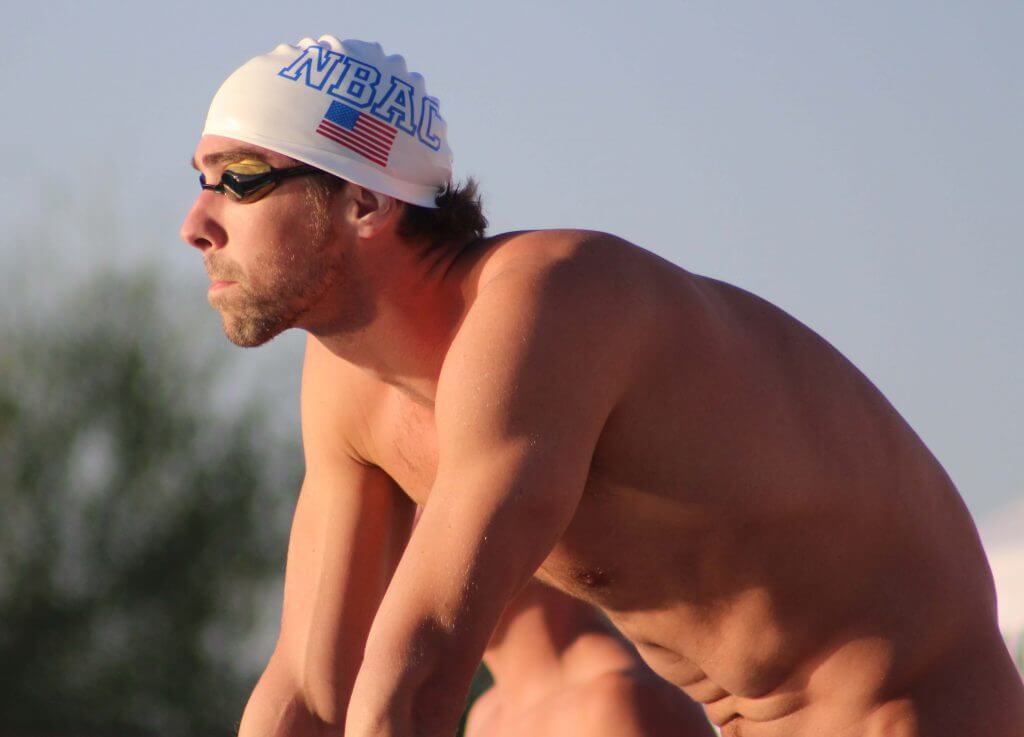Michael Phelps Slams USOC For Silence In Face Of His Revelations Of Depression

“How long should I stay silent? I can sit here and be silent for as long as you want, because that’s what I got.” – Michael Phelps
Michael Phelps was ignored by the United States Olympic Committee (USOC, now USOPC after the addition of the word Paralympic in the title) when he opened up about the depression and mental-health issues that dogged him during his career as the most decorated Olympian of all-time, all sports. The most decorated Olympian in history points to the dangers of silence when he says: “I was afraid to say something because I thought I couldn’t.”
In an interview with Sally Jenkins at the Washington Post, Phelps is asked how the USOC leadership responded when he revealed the nature and depth of his struggle. Here is how Jenkins describes what happened next:
You would like to believe athletes who wear USA on their chests are better cared for these days, after all the ghastly problems. The trouble is, you can’t. Not after you read Dr. William Moreau’s lawsuit accusing U.S. Olympic committee officials of mishandling mental health issues. And especially not after you call up Michael Phelps and ask him what the leadership’s response was to his revelation that he suffered from depression while he was winning gold medals. The phone line practically burns up with Phelps’s answer.
At first after you pose the question, there is a dead quiet from Phelps. It stretches on and on, until the silence becomes the point. You realize that contained in it is an angry tension like a buzz on the line. Finally, Phelps speaks.
“That’s what I got from them,” he says.
Nothing.
“How long should I stay silent?” he asks. “I can sit here and be silent for as long as you want, because that’s what I got.”
Phelps, winner of 23 gold atop 28 Olympic medals 2004-2016, hopes Moreau’s court battle will expose what he says is “the USOPC’s neglect of athletes’ psychological well-being”, Jenkins reports. In a damning indictment of the Olympic body, Phelps says:
“I don’t know of anything they’ve done to help us mental-health-wise. There are a lot of us who feel the same exact way, and we’re pretty hurt that they choose not to do anything about it . . . I believe they only care about us when we’re swimming well or competing well.”
The USOPC, Jenkins notes, offers access to sports psychologists, but athletes say the focus is enhancing medal performance, not on dealing with serious afflictions such as depression. Says Phelps:
“I was afraid to say something because I thought I couldn’t. Then everybody knows. How are we ever going to feel comfortable or safe or confident that we’ll get help, instead of them just running around and blabbing their mouths? All I could do was stuff it down.”
Bob Bowman, mentor to Phelps, backed his former charge and wrote on social media:
“So proud of MP and his efforts to raise awareness about mental health in athletes who dedicate their lives to their sport.”
Phelps has won praise and awards far and wide for his raising of awareness of mental-health issues.




Good for him
It is not the USOCs job to take care of mental health issues. It is and always has been the individual’s personal responsibility. I am sick of entities getting blamed for problems that they did not create.
they did not create or are responsible, but they could have supported him through acknowledgement. Depression is a serious illness
The depression is the hardest thing I’ve ever had to face. I just want to laugh have fun, but I can’t. I do wish some days days that God would take my life,and give a young person a cHance to live. I had two jobs all my life to put my 3 children through collage, privater schools. I now have 6 grandchildren that I wake up to love every day. But depression is still here.I love to travel,and I thought we could after we retired, but no money.